
Kod: 02357233
Simplicius: On Aristotle On the Heavens 1.1-4
Autor Simplicius
In chapter 1 of On the Heavens Aristotle defines body, and then notoriously ruptures dynamics by introducing a fifth element, beyond Plato's four, to explain the rotation of the heavens, which, like nearly all Greeks, Aristotle to ... więcej
- Język:
 Angielski
Angielski - Oprawa: Miękka
- Liczba stron: 240
Wydawca: Bloomsbury Publishing, 2014
- Więcej informacji o książce

Zobacz książki o podobnej tematyce
-

Strandness's Duplex Scanning in Vascular Disorders
224.23 € -4 % -

TBK Fitness Program
20.11 € -

Ayrshire Buses
16.87 € -18 % -
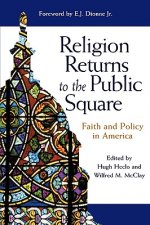
Religion Returns to the Public Square
31.73 € -

Instant .NET 4.5 Extension Methods How-to
31.84 € -

Buddhistische Tempelanlagen in Thailand
89.66 € -2 % -

Questions on the Brewhouse in the Beer Brewing Process
18.69 € -
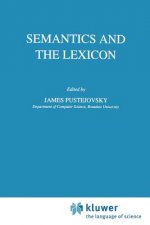
Semantics and the Lexicon
121.31 € -

Unknown London Vol 4
16.47 € -

Cambridge Reading Adventures Earthquakes White Band
7.17 € -4 % -

Jump: into the Valley of the Shadow
17.38 € -18 % -

Politics & Religion
38.71 € -

American Rock
29.11 € -10 % -

Melric and the Petnapping
14.04 € -18 %
Podaruj tę książkę jeszcze dziś
- Zamów książkę i wybierz "Wyślij jako prezent".
- Natychmiast wyślemy Ci bon podarunkowy, który możesz przekazać adresatowi prezentu.
- Książka zostanie wysłana do adresata, a Ty o nic nie musisz się martwić.
Więcej informacji o Simplicius: On Aristotle On the Heavens 1.1-4
Za ten zakup dostaniesz 161 punkty
 Opis
Opis
In chapter 1 of On the Heavens Aristotle defines body, and then notoriously ruptures dynamics by introducing a fifth element, beyond Plato's four, to explain the rotation of the heavens, which, like nearly all Greeks, Aristotle took to be real, not apparent. Even a member of his school, Xenarchus, we are told, rejected his fifth element. The Neoplatonist Simplicius seeks to harmonise Plato and Aristotle. Plato, he says, thought that the heavens were composed of all four elements but with the purest kind of fire, namely light, predominating. That Plato would not mind this being called a fifth element is shown by his associating with the heavens the fifth of the five convex regular solids recognised by geometry. Simplicius follows Aristotle's view that one of the lower elements, fire, also rotates, as shown by the behaviour of comets. But such motion, though natural for the fifth elements, is super-natural for fire. Simplicius reveals that the Aristotelian Alexander of Aphrodisias recognised the need to supplement Aristotle and account for the annual approach and retreat of planets by means of Ptolemy's epicycles or eccentrics. Aristotle's philosopher-god is turned by Simplicius, following his teacher Ammonius, into a creator-god, like Plato's. But the creation is beginningless, as shown by the argument that, if you try to imagine a time when it began, you cannot answer the question, 'Why not sooner?' In explaining the creation, Simplicius follows the Neoplatonist expansion of Aristotle's four 'causes' to six. The final result gives us a cosmology very considerably removed from Aristotle's.
 Szczegóły książki
Szczegóły książki
Kategoria Książki po angielsku Humanities Philosophy History of Western philosophy
64.39 €
- Pełny tytuł: Simplicius: On Aristotle On the Heavens 1.1-4
- Autor: Simplicius
- Język:
 Angielski
Angielski - Oprawa: Miękka
- Liczba stron: 240
- EAN: 9781472557377
- ISBN: 1472557379
- ID: 02357233
- Wydawca: Bloomsbury Publishing
- Waga: 266 g
- Wymiary: 233 × 161 × 10 mm
- Data wydania: 10. April 2014
Ulubione w innej kategorii
-

Meditations
8.89 € -25 % -

Aphorisms on Love and Hate
3.93 € -15 % -

Why I Am so Clever
3.93 € -

Meditations
16.17 € -17 % -

The Myth of Sisyphus
8.08 € -

Twilight of the Idols with The Antichrist and Ecce Homo
5.45 € -26 % -

Discourses and Selected Writings
10.91 € -23 % -

Letters from a Stoic
12.32 € -14 % -

The Symposium
9.29 € -24 % -

Gay Science
12.73 € -21 % -

Phenomenology of Spirit
34.87 € -
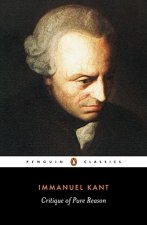
Critique of Pure Reason
17.78 € -22 % -
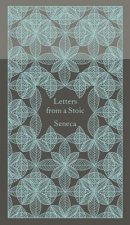
Letters from a Stoic
15.26 € -18 % -
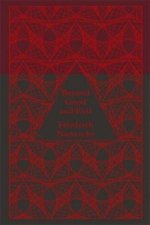
Beyond Good and Evil
15.26 € -22 % -
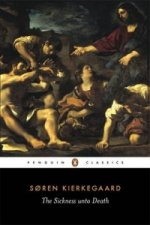
The Sickness Unto Death
10.30 € -28 % -
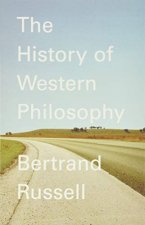
History of Western Philosophy
24.35 € -21 % -

Beyond Good and Evil
9.29 € -34 % -

Existentialism Is a Humanism
8.08 € -27 % -
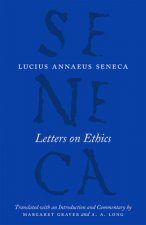
Letters on Ethics - To Lucilius
49.12 € -
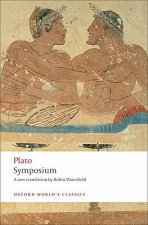
Symposium
10.30 € -28 % -

Brief History of Everything (20th Anniversary Edition)
16.87 € -20 % -
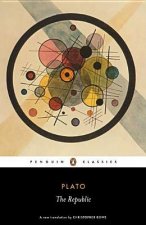
Republic
12.12 € -15 % -
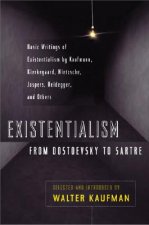
Existentialism from Dostoevsky to Sartre
17.68 € -16 % -

In Praise Of Love
10 € -25 % -
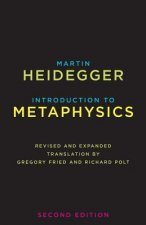
Introduction to Metaphysics
22.84 € -5 % -
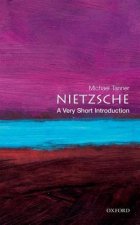
Nietzsche: A Very Short Introduction
10.10 € -21 % -

Nietzsche: A Complete Introduction: Teach Yourself
13.33 € -28 % -
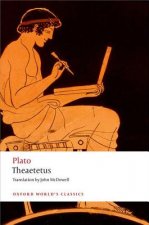
Theaetetus
12.32 € -28 % -

Francis Bacon
12.93 € -25 % -

Music and Consciousness
111.30 € -

Outlines of the Philosophy of Right
13.33 € -28 % -

Three Ecologies
25.06 € -14 % -
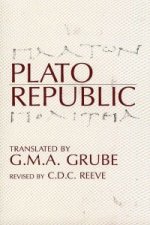
Republic
16.87 € -15 % -
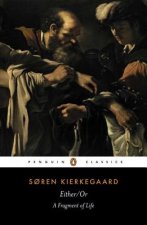
Either/Or
19.40 € -

Nausea
11.11 € -22 % -
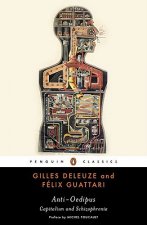
Anti-Oedipus
19 € -21 % -
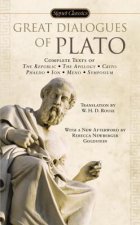
Great Dialogues Of Plato
8.48 € -

Meditations
20.11 € -19 % -

Simulacra and Simulation
18.79 € -17 % -

Ride the Tiger
19.30 € -25 % -

Myth of Sisyphus
11.11 € -22 % -
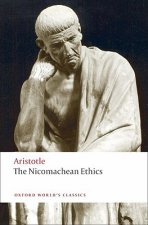
Nicomachean Ethics
11.21 € -3 % -

Human, All Too Human & Beyond Good and Evil
5.85 € -20 % -
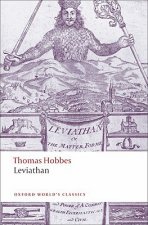
Leviathan
9.49 € -14 % -
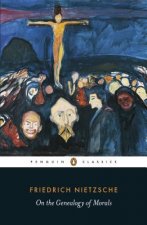
On the Genealogy of Morals
11.11 € -16 % -

On the Shortness of Life
8.58 € -21 % -

Nicomachean Ethics
5.55 € -24 % -
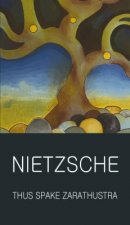
Thus Spake Zarathustra
6.56 € -28 % -

History of Western Philosophy
25.67 € -1 %
Osobní odběr Bratislava a 2642 dalších
Copyright ©2008-24 najlacnejsie-knihy.sk Wszelkie prawa zastrzeżonePrywatnieCookies



 Vrácení do měsíce
Vrácení do měsíce Zdarma od 49.99 €
Zdarma od 49.99 € 02/210 210 99 (8-15.30h)
02/210 210 99 (8-15.30h)